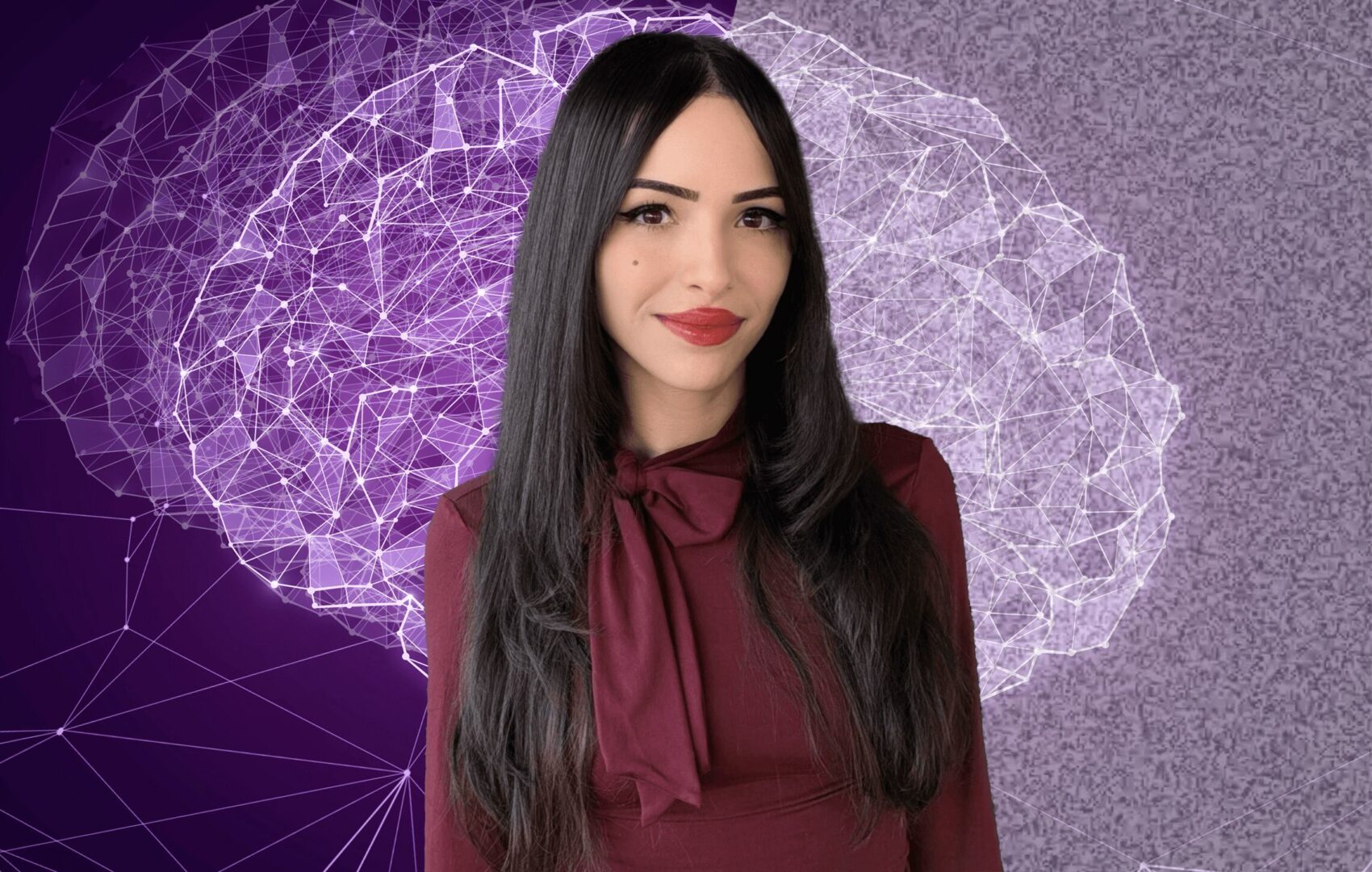Alright – so today we’ve got the honor of introducing you to Sierra Domb. We think you’ll enjoy our conversation, we’ve shared it below.
Sierra, we’re thrilled to have you sharing your thoughts and lessons with our community. So, for folks who are at a stage in their life or career where they are trying to be more resilient, can you share where you get your resilience from?
If anyone sees resilience in me, I appreciate that deeply. There is no perfect plan for weathering life’s twists; I certainly never had one. Life has a way of asking more from us than we expect, and it is in those moments when we are stretched and tested that resilience often reveals itself, not because we choose it, but because we are called to rise. I simply did what I could with what life placed in my hands, like so many others facing challenges, medical or otherwise, and still finding ways to move forward.
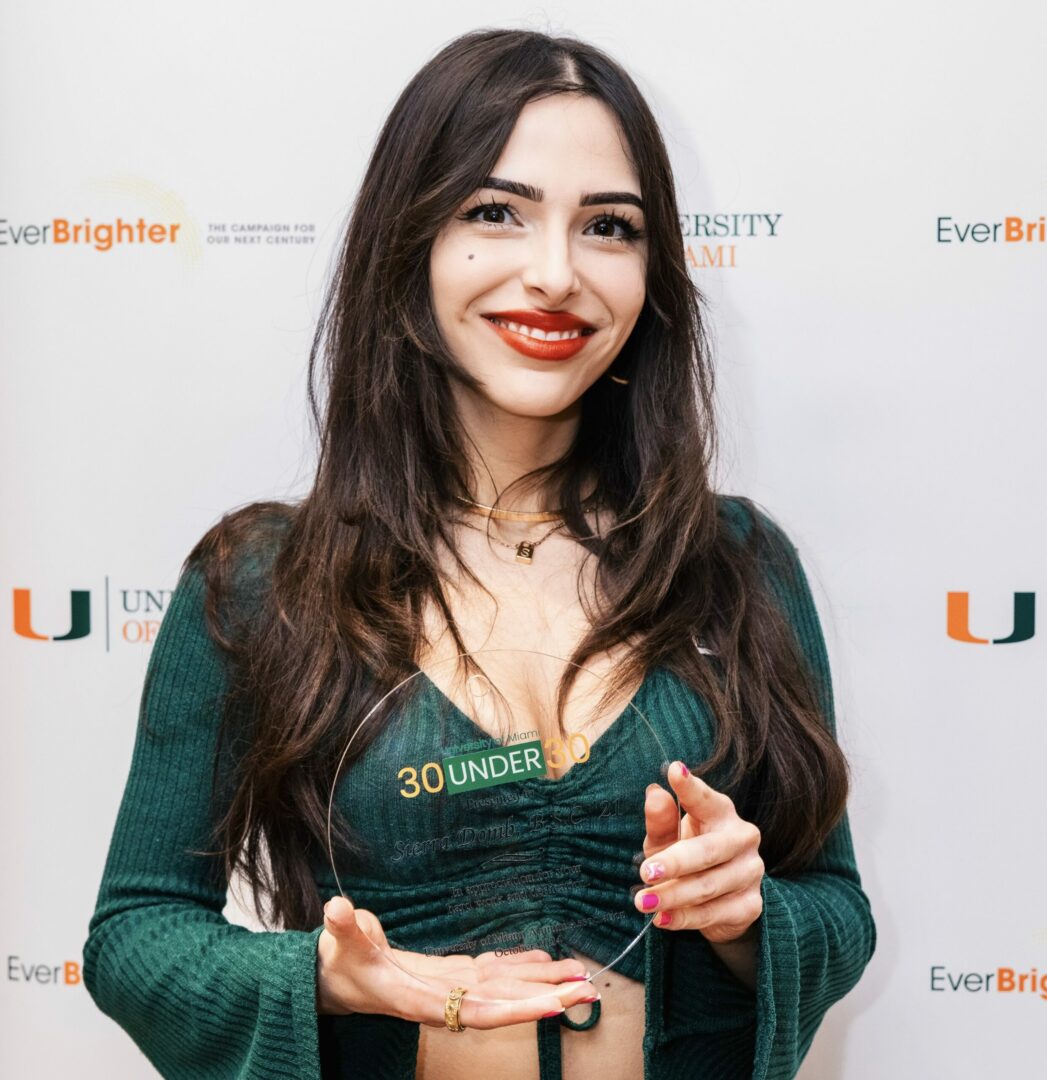
Appreciate the insights and wisdom. Before we dig deeper and ask you about the skills that matter and more, maybe you can tell our readers about yourself?
When I was in college, my plans and expectations for life looked nothing like how things actually unfolded. Though difficult and unexpected, this shift fueled my global advocacy and health communication work and highlighted the importance of resilience, independent thinking, and adaptability. Founding the Visual Snow Initiative (VSI) (https://www.visualsnowinitiative.org) came from my urgent need to find answers that didn’t yet exist.
Many nonprofits are built around already recognized conditions. VSI began as a mission to prove that Visual Snow Syndrome (VSS), a neurological disorder long misunderstood and largely unrecognized, is real while working to raise awareness and secure global scientific research funding to legitimize it.
Aside from a handful of specialists worldwide, most of the medical community did not acknowledge VSS as a real neurological condition, despite it affecting millions of all ages globally. While building awareness, resources, and research pathways, VSI was also working to demonstrate that the condition at the heart of its mission, Visual Snow Syndrome, was real and impacting countless lives globally, across all ages.
I went on a long medical odyssey, visiting many of some of the most recognized hospitals and universities, yet none could offer an accurate diagnosis or explanation for what I was experiencing. Many doctors, seeing my symptoms, assumed I was going blind or facing a life-threatening illness, leaving me trapped in constant fear and uncertainty. One of the biggest challenges was that Visual Snow Syndrome isn’t covered in medical training, so few doctors even knew it existed. To make matters worse, many hallmark VSS symptoms, like a constant layer of static across the entire visual field, can appear similar to visual hallucinations seen in other conditions, making it even harder to pinpoint. And while the visual distortions stand out, there are also many non-visual symptoms that add to the confusion. Naturally, I was referred to eye doctors and neuro-ophthalmologists, but medicine isn’t always logical or linear. Dozens of eye tests came back normal, offering no answers. It wasn’t until much later that I discovered Visual Snow Syndrome is actually a brain condition that affects vision, sensory processing, cognition, and more; not a structural issue with the eyes. Left without explanations, many doctors, having never seen this unique cluster of symptoms, began to question whether what I described was even real.
When I realized how many others were suffering in silence, misdiagnosed, dismissed, or told their very real symptoms were imaginary simply because the medical community did not yet understand VSS, I felt compelled to do my best to help change that. So in 2018, at age 23, I started the Visual Snow Initiative (VSI) with the goal of raising awareness, supporting education, encouraging research, and providing resources for those affected by VSS. What started as a desperate search for answers turned into a worldwide effort to legitimize a neglected condition, improve patient care, and drive new scientific discovery.
Since then, our work has grown far beyond what I ever imagined. VSI has helped catalyze scientific research on biomarkers, pathophysiology, symptomatology, and various treatment approaches for VSS across seven countries, sparking collaborations with institutions such as UCLA, MIT, King’s College London, Monash University, and many others. We organized the first Visual Snow Conference at UCSF and established the first official diagnostic criteria for VSS. Recently, after years of collective effort, VSS was officially recognized with an ICD-11 code by the World Health Organization, a historic milestone that brings legitimacy and hope for improved care in the future. Along the way, we developed practical, accessible resources including the first global physician directory for VSS, hundreds of educational videos, the first VSS website designed specifically for children and their families, translations in multiple languages to reach the global community, multimodal resources for both patients and physicians, awareness campaigns, and more. We also launched the first video chat support group for VSS in partnership with the AnCan Foundation and partnered with Oxford Mindfulness to create an evidence-based, globally accessible, and free mindfulness module tailored to the unique brain network features of VSS.
An important component that makes this work special to me is that it goes beyond research alone; it’s also about bringing humanity and compassion back into medicine. It’s about closing the gaps between science, patients, and everyday understanding. I believe in accessible, practical, and science-based communication that connects people across disciplines, levels of health literacy, and diverse backgrounds. By fostering collaboration and blending different perspectives, we can create innovative solutions to challenges that once felt insurmountable. My hope is to continue expanding global awareness of marginalized medical issues through education, communication, collaboration, and innovation.
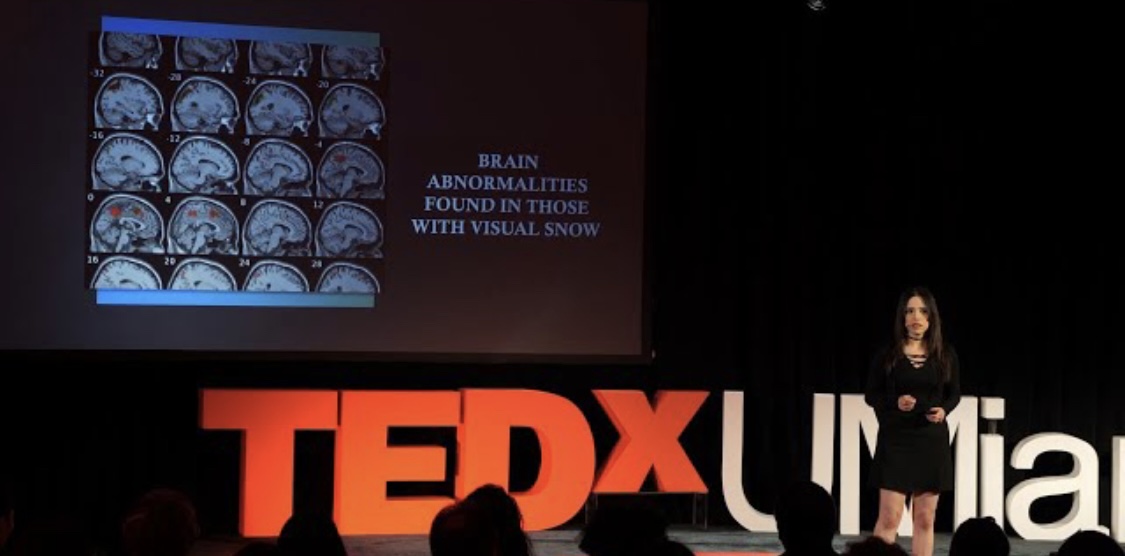
If you had to pick three qualities that are most important to develop, which three would you say matter most?
Upon reflection, three qualities that have helped guide me throughout my journey are independent thinking, adaptability, and resilience.
When you’re striving to achieve something unprecedented, it’s natural that the solutions will be new and untested; because if they weren’t, someone would have already solved it. Embrace the unknown, and be willing to explore paths others haven’t yet imagined.
Don’t let others decide what you’re capable of or box you in with expectations about your age, background, or title. Think for yourself and don’t fall into groupthink. Question assumptions, consider the source, and do your own research. When the usual solutions fall short, don’t be afraid to think differently: innovate and carve your own path. And when you find a problem worth solving, keep moving forward, even if the road is steep and you’re walking it alone.
Sometimes, doing things differently means you’ll face doubt or hear, “It can’t be done.” Some will try to limit you based on their own beliefs, experiences, or the traditional expectations of how things are “supposed to be.” They’ll insist things must be done a certain way and expect you to look, speak, or act according to their idea of who you should be.
But the best breakthroughs often come from those who think differently and refuse to accept, “That’s just the way it is.”
Stay open to unconventional solutions and pursue them with ambitious, steady diligence. Persistence ties it all together. And never fool yourself into thinking you’ve got it all figured out; there’s always more to learn, more to question, and more to discover.
Stay adaptable: if one approach doesn’t work, find another. Weigh different viewpoints and pay attention not just to words, but to actions. Approach challenges through your most creative lens and push beyond what’s already been done.
In the end, resilience keeps you moving when things get hard, independent thinking helps you break new ground, and adaptability turns obstacles into opportunities.
Stand by what you believe in and take comfort in knowing you gave it your all, whatever the outcome may be.
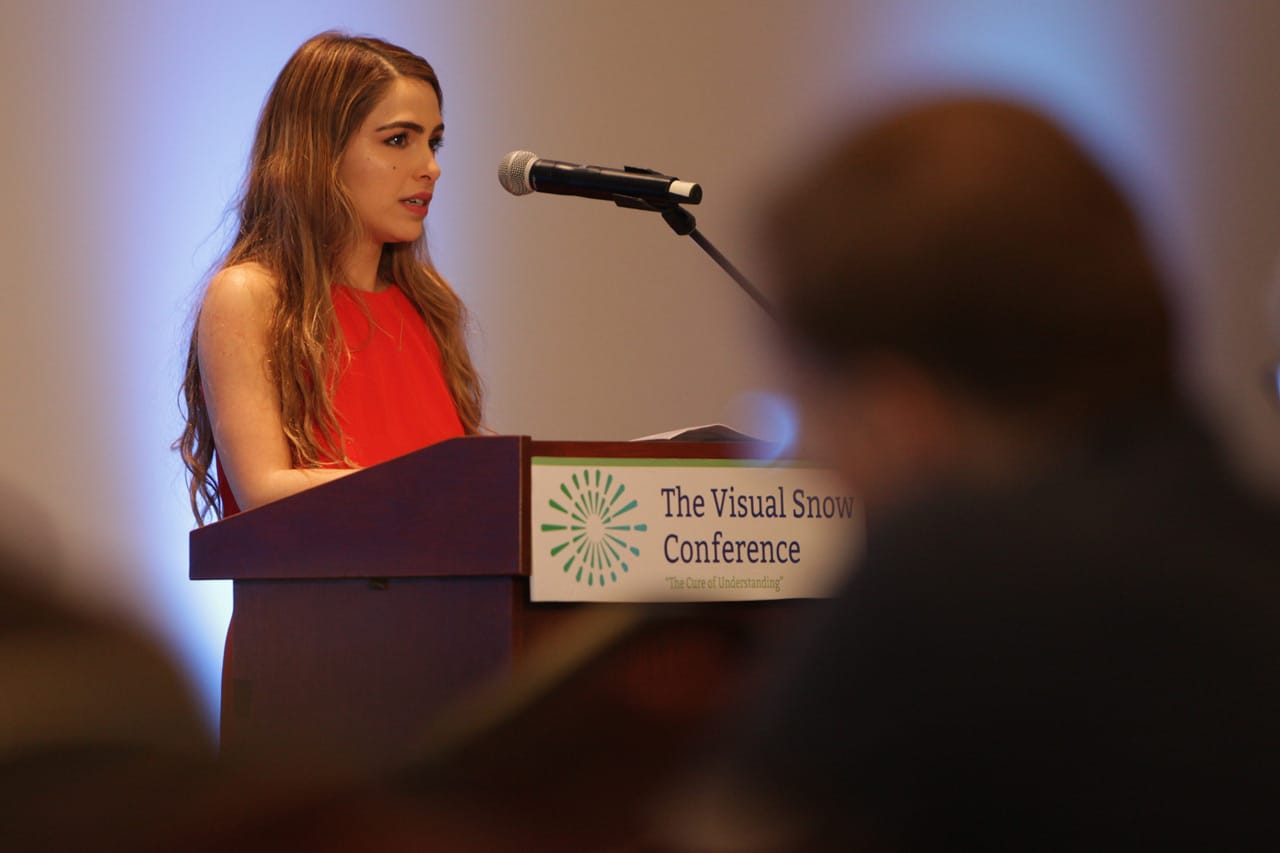
Okay, so before we go, is there anyone you’d like to shoutout for the role they’ve played in helping you develop the essential skills or overcome challenges along the way?
There are countless individuals, including family, friends, researchers, collaborators, and supporters from around the world, whom I cannot thank enough for encouraging me and believing in what I’ve tried to do. Before starting VSI, I was shy and preferred to stay behind the scenes, so stepping forward as an advocate was daunting. But their meaningful support, combined with my commitment to our cause, challenging injustices in the medical system, and advocating for recognition and reform, gave me the courage to face my fears and keep going.
I’m deeply grateful for their kindness, understanding, and trust, which have helped me overcome challenges, grow in ways I never imagined, and reminded me that while the world can be cruel, it can also be kind. I also appreciate the important lessons learned from facing fear, confronting systemic obstacles, and choosing to keep going even when things got tough.
Regarding success, it is a subjective term. Everyone defines it differently, and the same goes for failure. In my personal opinion, it’s not simply a matter of pass or fail; it’s about putting in your best effort and doing everything you can, while recognizing that some obstacles will always be out of your hands. Accepting this makes it easier to focus on what you can change and keep moving forward, even when the outcome isn’t certain.
What matters most is often simply continuing to move forward and giving your best effort, because without that, nothing changes and the outcome remains fixed. Failure can be an illusion, and sometimes it’s the fear of that illusion that motivates us to pursue what we define as success.
Contact Info:
- Website: Sierra’s Website: https://sierradomb.com
- Instagram: https://www.instagram.com/visualsnowinitiative/
- Facebook: https://www.facebook.com/visualsnowinitiative/
- Linkedin: Sierra’s LinkedIn: https://www.linkedin.com/in/sierradomb/
- Twitter: https://x.com/VisualSnowInit
- Youtube: https://www.youtube.com/c/visualsnowinitiative
- Other: Visual Snow Initiative Website (Nonprofit Organization): https://www.visualsnowinitiative.org
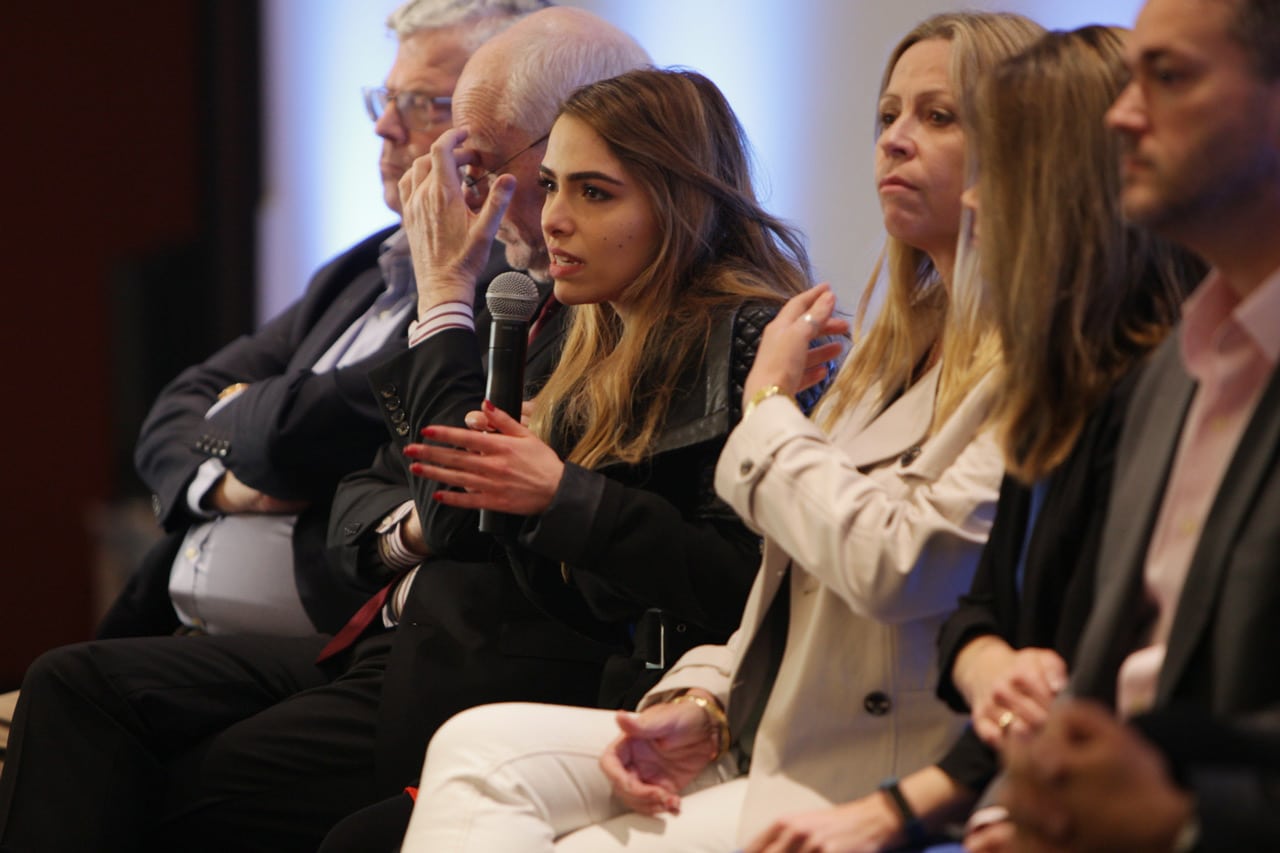
Image Credits
University of Miami
TEDx
Visual Snow Initiative
so if you or someone you know deserves recognition please let us know here.

